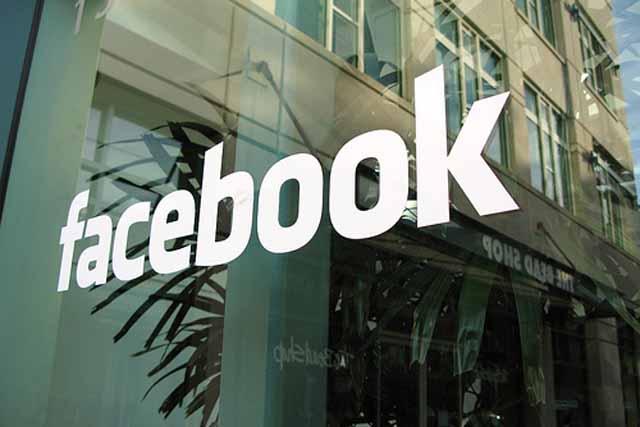In many ways are great news for brands – it does make it much easier to run a promotion on the platform. However, it is also likely to lead to an increase in the number of promotions that backfire so it’s worth being aware of the changes and risks.
How have things changed?
It is no longer necessary to use a third party app to run your Facebook promotion. Although apps can still be used, promotions can also be run on a Facebook Business Timeline Page (although not on a personal Timeline).This is good news for brands because it should make it easier and much cheaper to set up and run your promotions.
Promoters can now:
- - Collect entries by having consumers ‘Like’ their page.
- - Collect entries by having users post a message or comment on their page.
- - Collect entries by having users message or share the brand page.
But:
- - You cannot run a promotion on personal Timelines – so you can’t say "share on your Timeline to enter".
- - You cannot seek entries by encouraging people to tag themselves in content that they do not actually feature in. So you cannot say ‘submit a photo of a fruit to be entered into the draw’, but you can say ‘submit a photo of you holding a fruit’, providing it is the entrant in the photo.
Why has Facebook made these changes?
Facebook wants to make it easier for all businesses and brands to create and administer promotions and the changes will have three positive impacts in this regard. Removing the need to use a third party app reduces the costs of setting up a promotion on the platform. It should also encourage more people to enter promotions on the platform as Facebook users have proved reticent to supply their details with apps. Finally, it will make it easier for users to enter especially from mobile phones, an important factor given the level of engagement on mobile technology.
Some things to consider before you rush to run your promotion on Facebook...
While there are lots of good reasons to run a promotion on Facebook, the decision is not a no-brainer as there are risks.
These changes make it easier for ‘scampers’ to take advantage of ill-conceived promotions. For example, basic voting competitions, where the person with the highest number of likes wins are open to manipulation. With many sites offering the opportunity to buy likes (e.g. $99 for 10,000) this type of promotion is easily influenced or manipulated, ultimately ruining the promotion.
Another issue around simply using ‘Like’ as a mechanism for entry is that when the winner is selected the only way to contact them is often via their personal Facebook account. They may not see or receive the notification. The temptation to then try to notify them through your brand page, is also fraught with issues as it will be seen by a broad audience some of whom may then make a false prize claim.
Promoters should use another platform i.e. a microsite or their own website, to gather the data and entries. Facebook can then play a crucial role helping you to promote your prize draw or competition and to feed in traffic.
Either way it’s worth investing in robust terms and conditions for your promotion - without them your promotion will go wrong more often than not.


